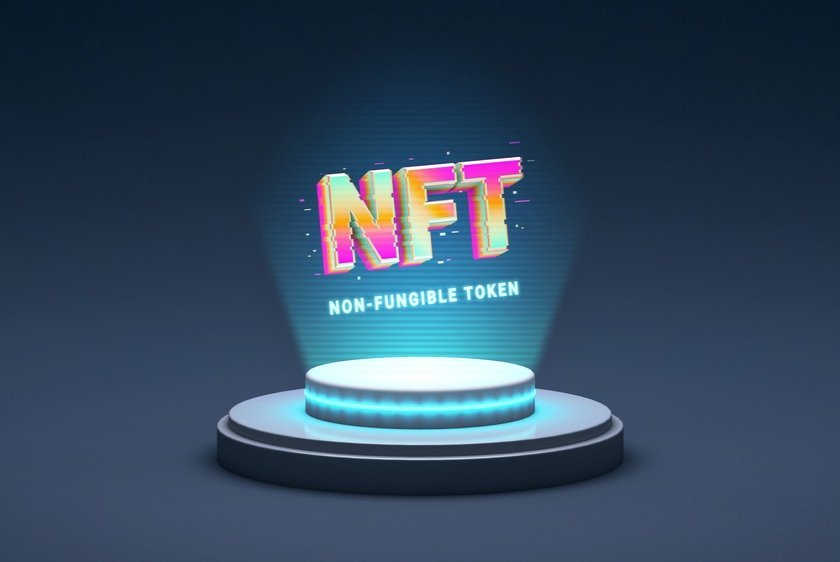
In the era of digital collectibles, there’s one question that keeps collectors and crypto geeks up at night—where are NFT images hosted? Understanding the hosting and storage mechanisms behind non-fungible tokens (NFTs) is crucial for anyone investing in this rapidly growing market.
This comprehensive guide will demystify the process, explore various hosting options, and provide you with valuable insights to make informed decisions regarding your digital assets.
The Basics of NFT Image Hosting
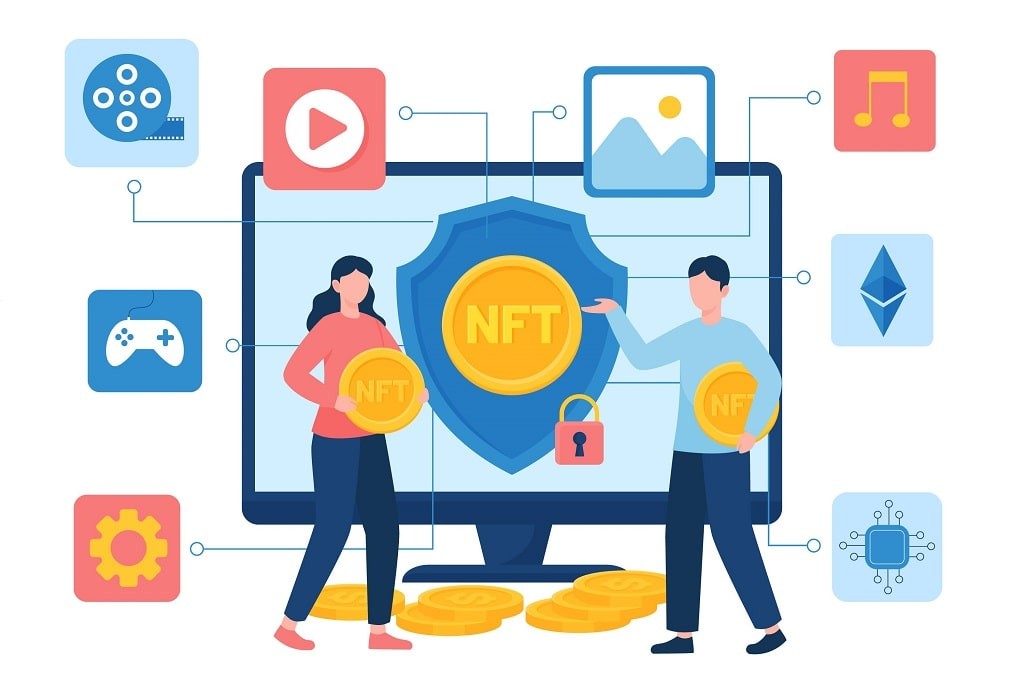
When you purchase an NFT (Non-Fungible Token), you’re essentially buying a unique digital certificate of ownership that has a link to an asset, often an image. But where does that image actually reside? Let’s break down the basics:
What is NFT Image Hosting?
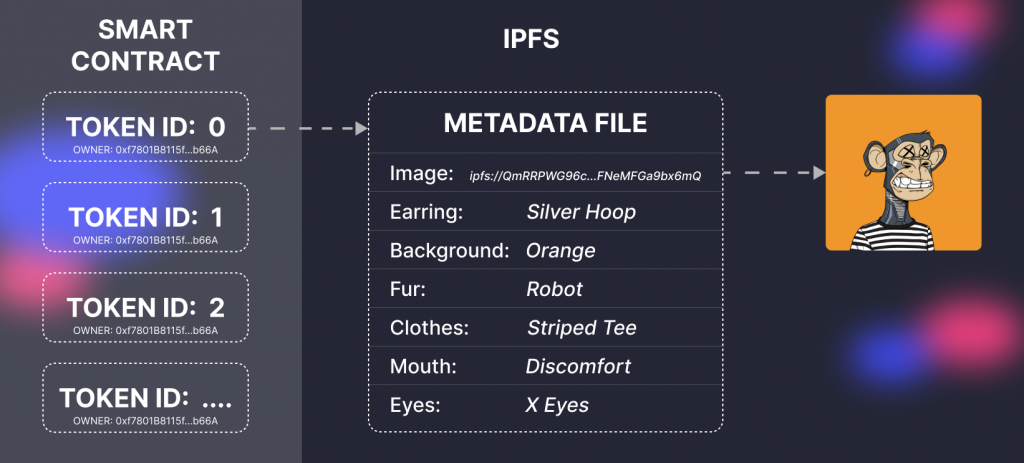
NFT image hosting refers to how and where the images or digital assets linked to an NFT are stored. While the NFT itself exists on the blockchain, the associated image typically does not. Instead, it is hosted separately and linked to the NFT via metadata.
Why Does Hosting Matter?
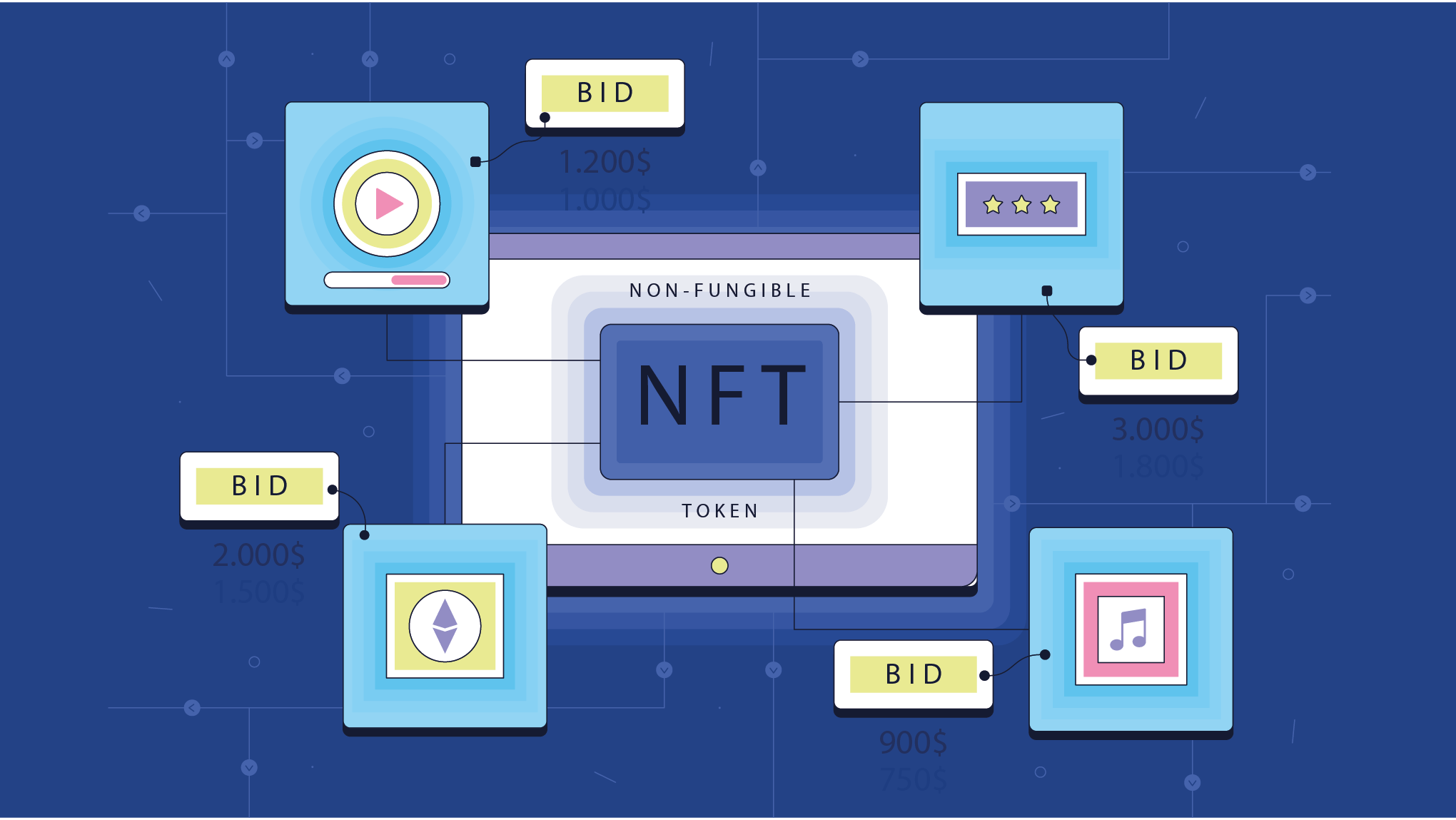
Essentially, the image hosting method directly impacts the longevity, security, and accessibility of your digital collectibles. Knowing where your NFT images are can help you assess risks and make decisions about your investments.
Types of NFT Image Hosting

When it comes to hosting the images associated with NFTs, several options are available. Here’s a breakdown of the main types:
Centralized Hosting
Centralized hosting involves storing images on a single server controlled by an organization. While this method is straightforward and easy to implement, it carries risks. For instance, server downtime and data loss.
Decentralized Hosting
Decentralized hosting uses distributed networks to store NFT images. This method enhances security and ensures the longevity of your digital assets. Moreover, one popular decentralized hosting solution is the InterPlanetary File System (IPFS).
Hybrid Solutions
Some platforms opt for a hybrid approach, combining centralized and decentralized methods to balance convenience and security. Understanding these hybrid solutions can offer a middle ground for collectors looking to safeguard their assets.
How Does IPFS Work?
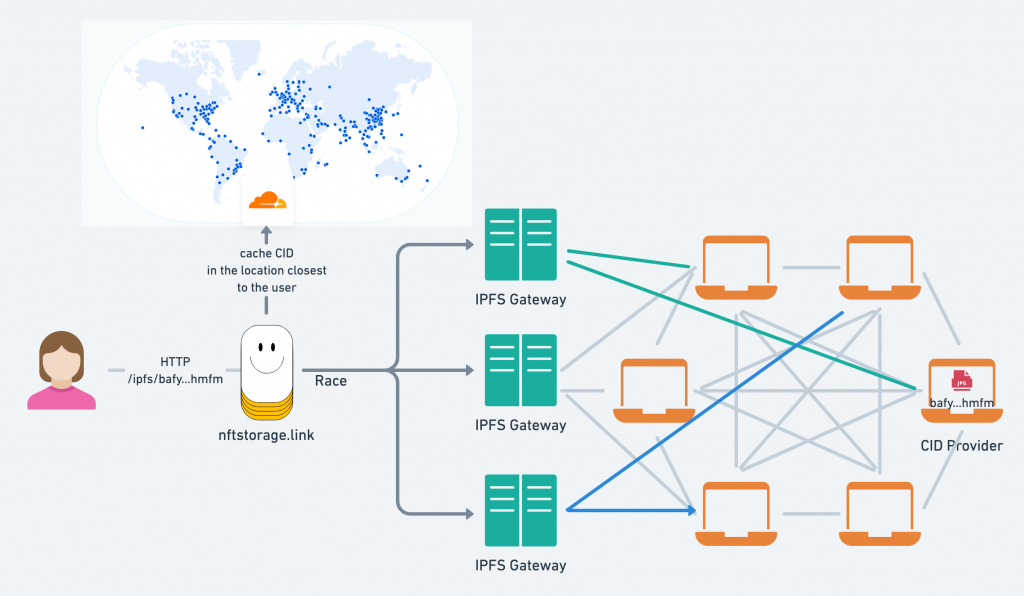
The InterPlanetary File System (IPFS) is a storage network to make the web faster, more secure, and more open. Here’s a closer look at how IPFS works, particularly in terms of storing and retrieving files:
Introduction to IPFS

Essentially, the InterPlanetary File System (IPFS) is a protocol designed to make the web faster, safer, and more open. Thus, by using a peer-to-peer network, IPFS distributes data across multiple nodes, ensuring redundancy and reliability.
Benefits of IPFS
IPFS offers several advantages, including improved security, reduced downtime, and enhanced data integrity. Subsequently, these benefits make it an excellent choice for hosting NFT images.
Challenges of IPFS
Despite its many advantages, IPFS also has its challenges. For instance, slower access times and the need for ongoing maintenance. Understanding these limitations can help you decide whether IPFS is the right choice for your NFT images.
Security Concerns

While IPFS offers many advantages in terms of decentralization and efficiency, there are several security concerns to consider:
Risks of Centralized Hosting
Centralized hosting poses several risks, including data breaches, server failures, and potential loss of access. Subsequently, these risks can jeopardize the value and ownership of your digital collectibles.
Mitigating Risks with Decentralized Hosting
Decentralized hosting solutions like IPFS and Arweave mitigate these risks by distributing data across multiple nodes. Hence, this redundancy ensures that your NFT images remain accessible and secure.
Conclusion: Get Your NFT Images Hosted with ImageCoast!

Navigating the complexities of NFT image hosting is essential for any collector or crypto enthusiast. By understanding the different hosting options, their benefits, and potential risks, you can make informed decisions about your digital collectibles.
So, visit ImageCoast to learn more.
